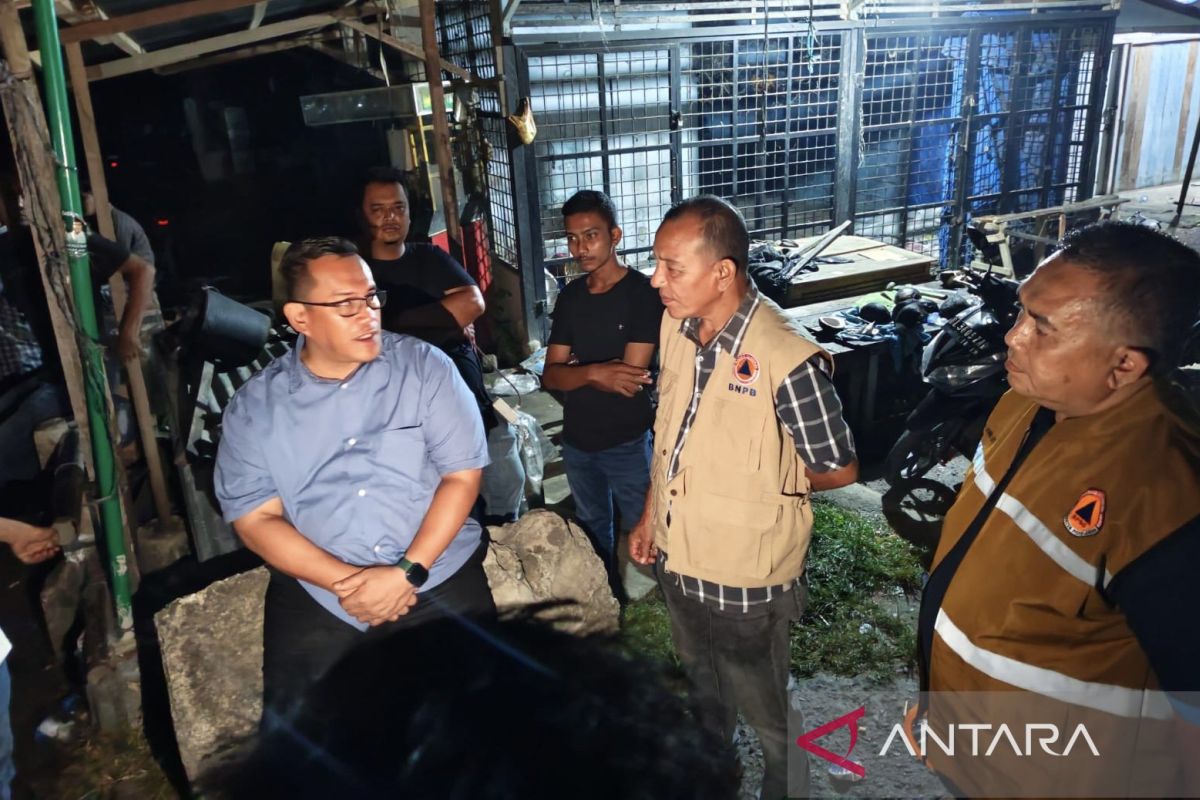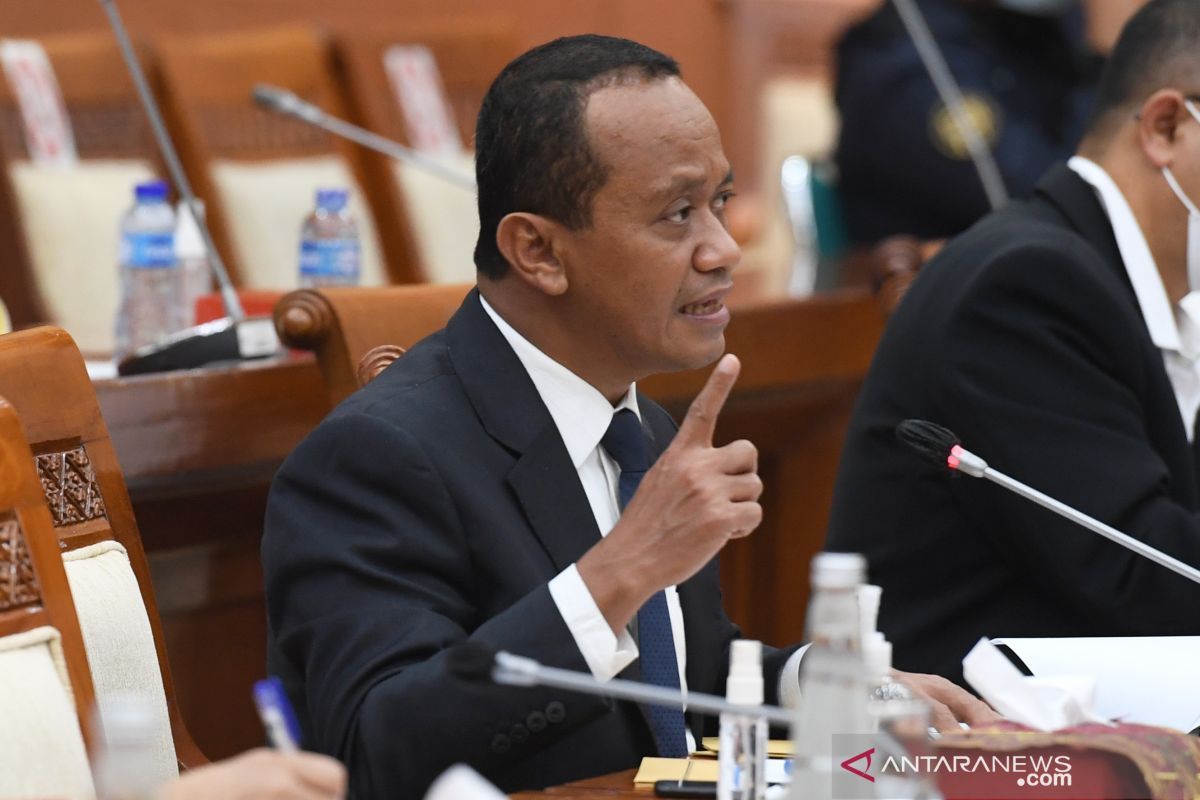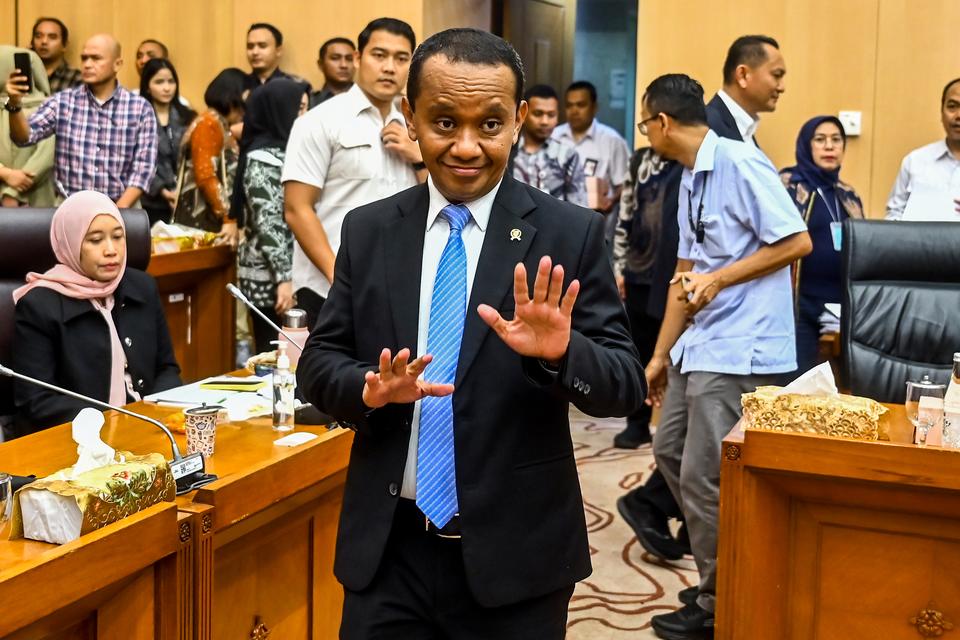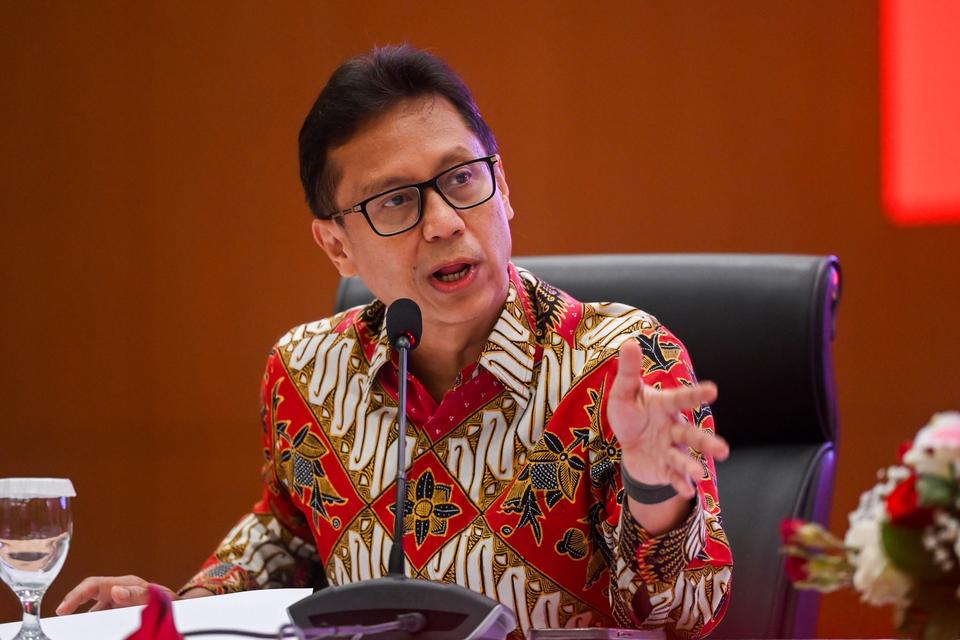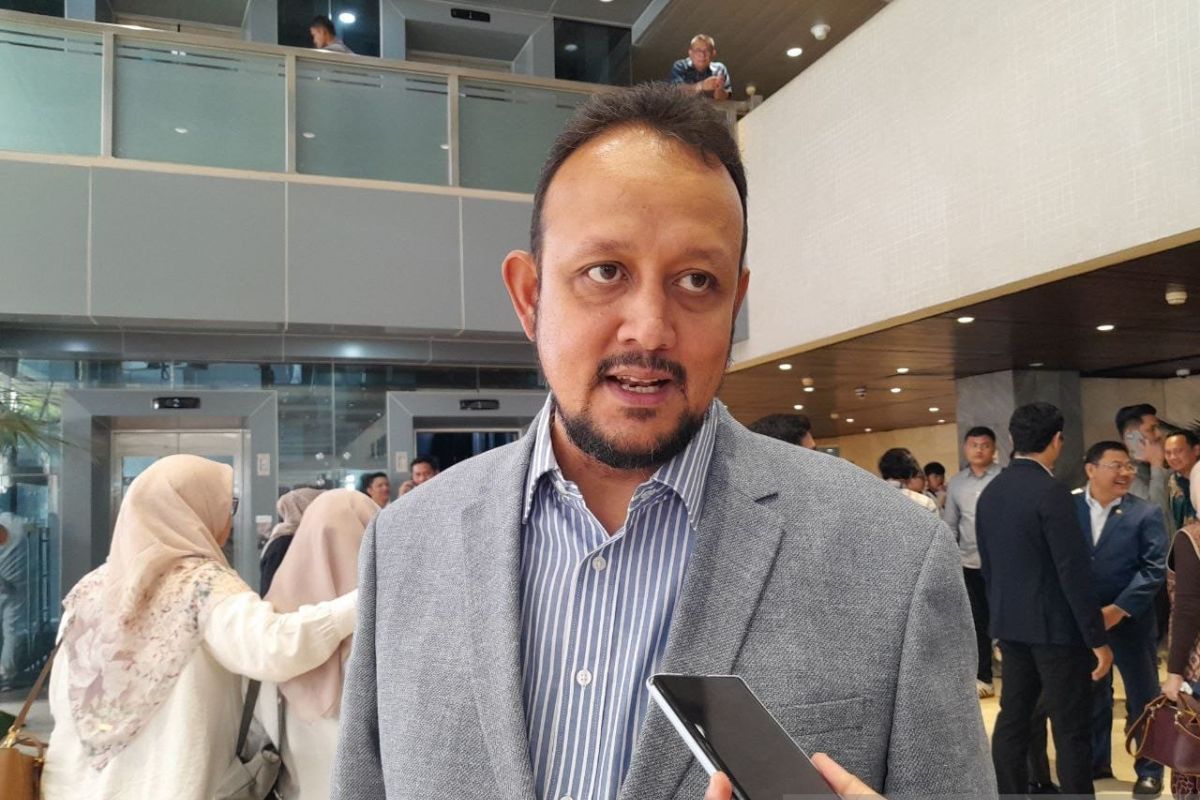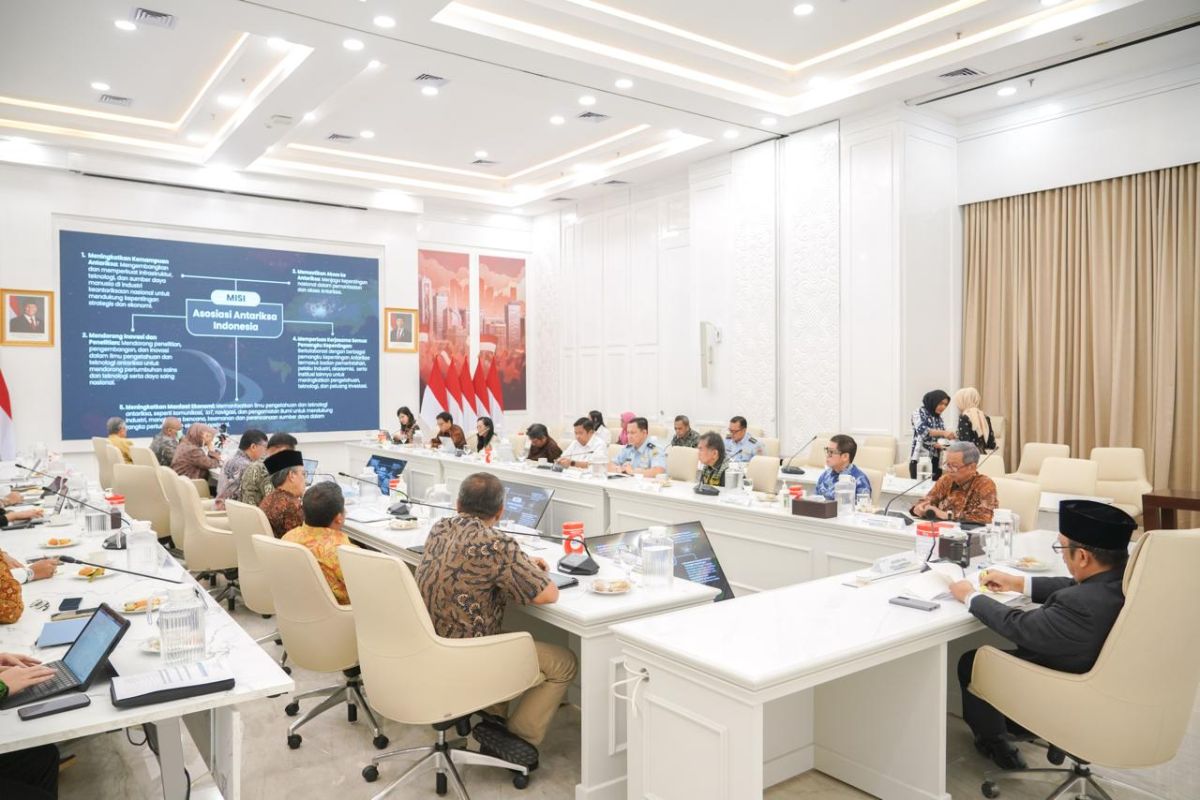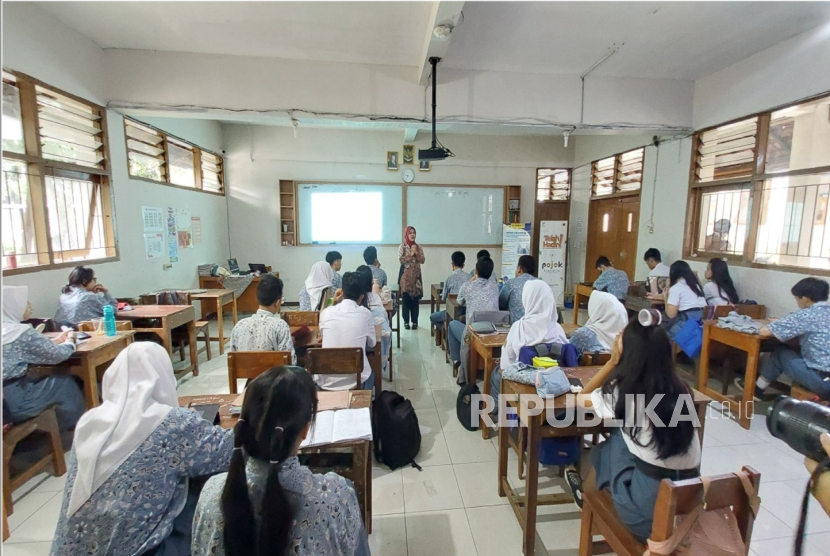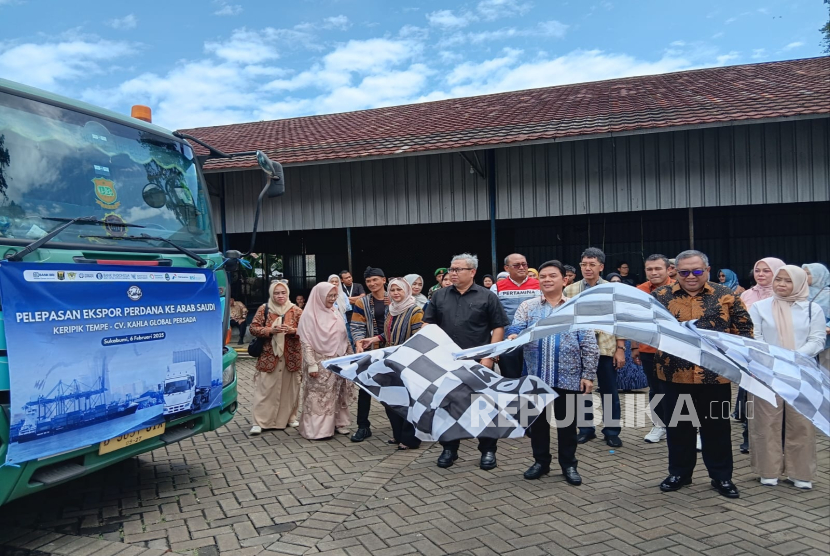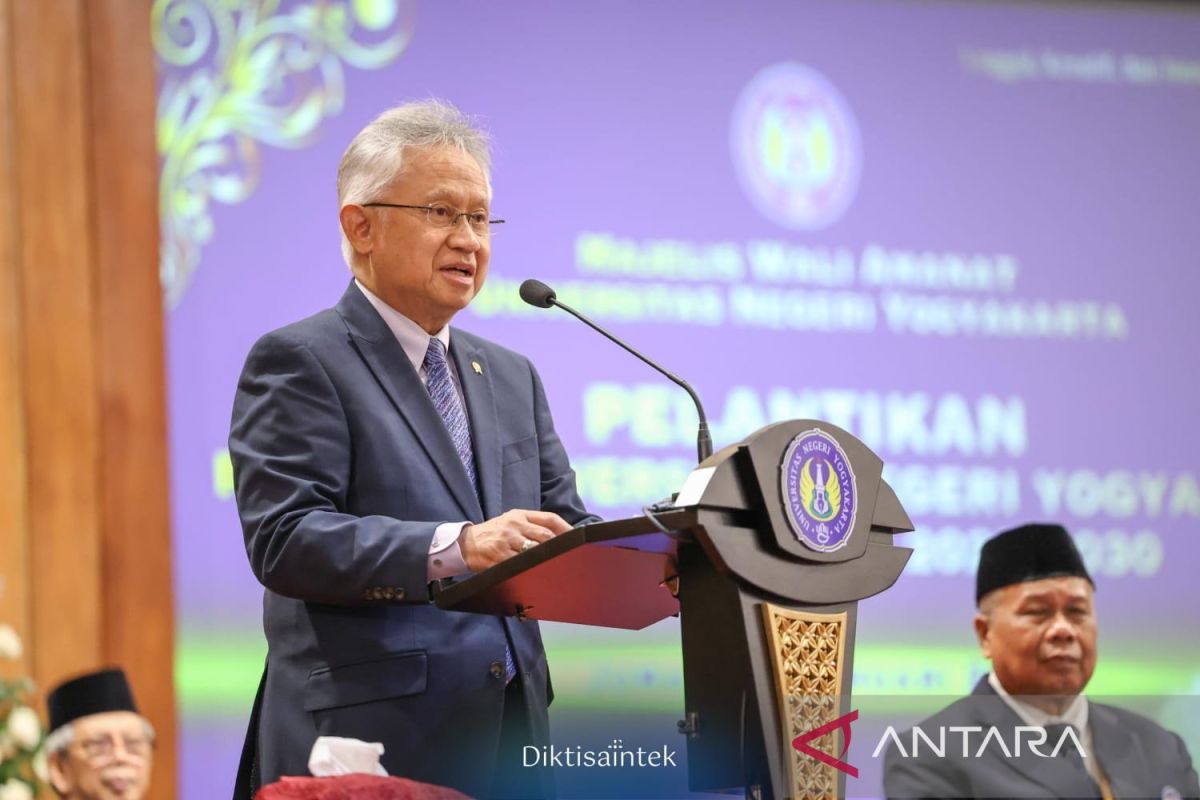P2G Asks Govt Not to Rush to Include Coding and AI in Elementary School Curriculum
P2G Head Iman Zanatul Haeri responded to the discourse on coding and AI subjects in the school curriculum.

TEMPO.CO, Jakarta - The Head of the Advocacy Division of the Association of Education and Teachers (P2G), Iman Zanatul Haeri, has cautioned the government not to hastily establish a policy regarding the inclusion of coding and artificial intelligence () as optional subjects in the elementary school curriculum
"We hope the government does not hastily decide on plans to include coding and Artificial Intelligence subjects. So, there must be careful planning," Iman told Tempo on Thursday, February 6, 2025.
Previously, the Minister of Elementary and Secondary Education, Abdul Mu'ti, stated that the coding and AI subjects will become part of the elementary school curriculum starting next semester. He mentioned that these two subjects are not compulsory, but rather elective subjects.
"Starting next semester, coding and artificial intelligence (AI) will be an optional curriculum or subject in schools. They can be included starting from grade 4 of elementary school," he said at a press conference held in front of the Ministry of Education and Culture office, Central Jakarta, on Sunday, February 2, 2025.
Meanwhile, the idea was first proposed by Vice President Gibran Rakabuming Raka. He entrusted Mu'ti so that these two subjects could be taught to children from elementary school and junior high school ages.
According to Gibran, Indonesia should not lag behind India, which has already implemented AI learning. "We want more coding experts, AI experts, machine learning experts, and others," said Gibran when delivering a speech at the evaluation coordination meeting for elementary and secondary education in the Gandaria area, South Jakarta, on Monday, November 11, 2024.
Iman believes the government needs to map out clearer objectives beyond just following global trends. The government must ensure several aspects before implementing significant innovations in the education sector.
"In our opinion, the objectives should be clear. What are the goals? Because if the goal is to follow global trends, pursue the global job market, and so on, we believe the government must first effectively address a few things," he said.
He mentioned the government should prioritize a few things before establishing this policy. "The government must first effectively address, for example, vocational schools that are already focused on information technology. That's one," he said.
Additionally, Iman also requested the government to ensure the supporting aspects for such learning. If it aims to prepare a generation for future jobs related to technology and AI, full attention is needed for the student's readiness in fundamental aspects.
These fundamental skills, he explained, include the ability of children to apply the material they receive, analytical thinking, creative thinking, resilience in learning, leadership, social influence, motivation, and awareness of their future potential, as well as adequate digital literacy.
"We need to pay attention to this. Despite global trends focusing on and the increasing job market in the field of technology, we need to know that the skills children in primary and elementary school need are fundamental skills. So we shouldn't hastily talk about coding, but preparation is needed first," said Iman.
Daniel Ahmad Fajri contributed to the writing of this article.
Editor's Choice:
to get the latest news updates from Tempo on Google News


